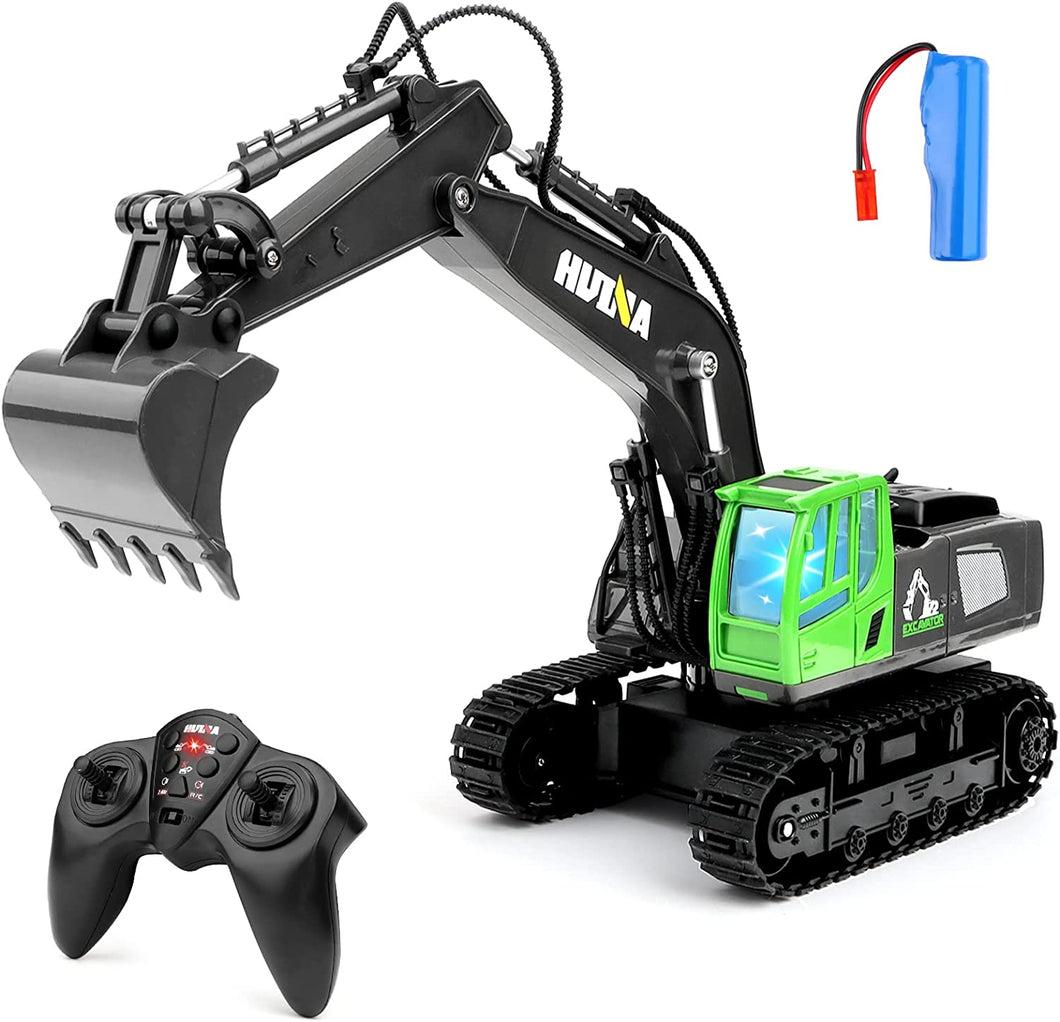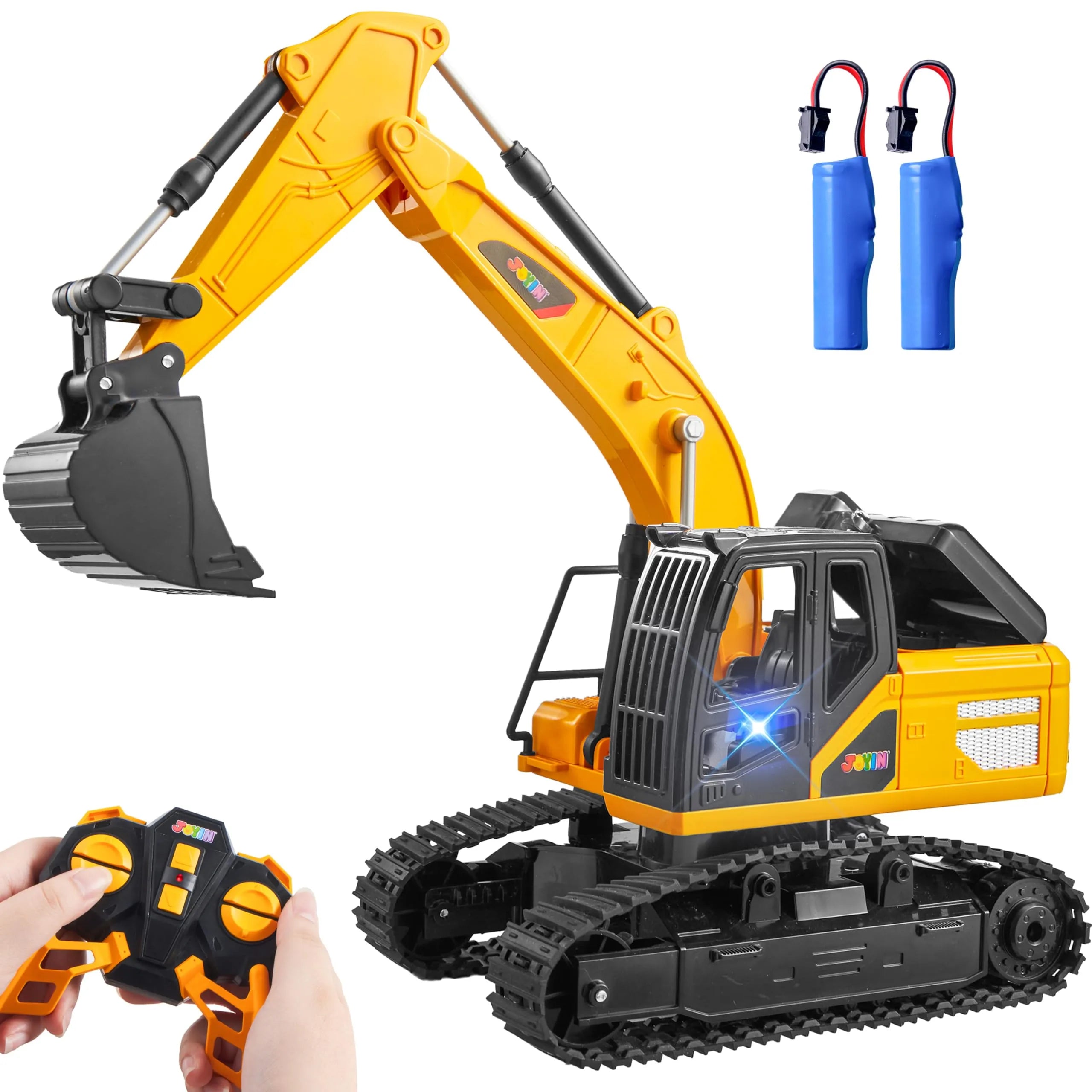Discover the Relevance of Excavator in Modern Building And Construction Projects
Excavators are vital tools in contemporary building jobs. Their versatility permits them to execute a variety of jobs, from excavating and grading to demolition and website preparation. Advanced functions, such as hydraulic add-ons and GPS, boost their abilities and performance on work websites. As the sector develops, the significance of excavators grows a lot more. Comprehending their function can disclose understandings into the future of building and construction methods. What lies ahead for these makers?
The Flexibility of Excavators in Various Projects
Excavators are commonly associated with large building jobs, their convenience allows them to be utilized in a broad variety of applications, from domestic landscape design to utility upkeep. In city settings, excavators can browse limited areas to dig foundations for homes or install drain systems. Their capability to carry out delicate jobs makes them suitable for landscape design tasks, where they can excavate for fish ponds or plant trees. Furthermore, excavators play a crucial duty in energy maintenance, efficiently digging trenches for pipelines or cables without interrupting surrounding locations. In agricultural applications, they help in land clearing and soil preparation. Their flexibility enables them to be geared up with different attachments, improving their performance across various jobs. This diverse nature of excavators not only enhances various building processes yet also demonstrates their indispensable role in contemporary framework growth and maintenance.
Secret Features and Kinds Of Excavators
The conversation on essential functions and kinds of excavators highlights the necessary characteristics that make these equipments vital in building and construction. Various excavator kinds, each made for details tasks, demonstrate their versatility and efficiency throughout various applications. rc excavator. Comprehending these categories and functions is crucial for maximizing their use in modern-day building jobs
Excavator Enters Overview
Excavators play a critical duty in modern-day building, using adaptability and performance throughout different jobs. These heavy equipment devices can be found in several types, each customized for details applications. The most usual kinds include crawler excavators, understood for their stability on unequal terrain, and wheeled excavators, which provide better wheelchair on smooth surfaces. Small excavators are preferred for tight areas and small-scale projects, while long-reach excavators are developed for deep excavating. Furthermore, there are customized excavators, such as hydraulic excavators, which improve power and accuracy. Each type features distinct abilities, making them necessary for tasks varying from digging and grading to demolition and material handling. Understanding these variants allows construction professionals to select the best excavator for their task requires.
Key Includes Explained
Recognizing the essential attributes of excavators improves their reliable application in building projects. Excavators are characterized by their effective hydraulic systems, which provide the needed force for digging, training, and moving products. Their articulated arms enable a variety of movement, helping with precise operations in restricted spaces. Additionally, the variety of accessories, such as containers, grapples, and augers, expands their flexibility to fulfill different job requirements. The dimension and weight of excavators likewise add to their stability and maneuverability on numerous terrains. Furthermore, advancements in modern technology have led to the integration of general practitioner and automation, enhancing accuracy and effectiveness in excavation tasks. These functions jointly place excavators as essential tools in modern-day construction.
Applications in Building and construction
Transforming building sites, excavators play a critical role across different applications, ranging from residential structure projects to large-scale infrastructure developments. These flexible devices are geared up for tasks such as excavating structures, trenching for utilities, and website grading. Various kinds of excavators, including spider, wheeled, and mini excavators, offer details advantages customized to the task requirements. Spider excavators master harsh surfaces, while wheeled excavators use flexibility on paved surface areas. Miniature excavators are perfect for restricted areas, making them preferred in city settings. The efficiency and power of excavators considerably accelerate construction processes, guaranteeing prompt task conclusion. Their adaptability even more enhances their value, permitting building and construction groups to tackle a diverse selection of obstacles effectively.
Enhancing Performance and Productivity on Job Sites
Making the most of effectiveness and productivity on work sites is a critical objective in modern construction. Excavators play an essential role in attaining this goal by simplifying various jobs. Their ability to carry out several features-- such as excavating, lifting, and grading-- decreases the demand for additional devices, therefore conserving time and resources.Moreover, excavators enhance workflow by permitting for faster completion of tasks. With advanced functions like hydraulic add-ons and general practitioners technology, they can implement specific procedures that decrease mistakes and revamp. This precision not only enhances the high quality of job however likewise optimizes product use, adding to cost savings.The convenience of excavators allows them to adapt to different site conditions, guaranteeing that tasks proceed efficiently regardless of challenges. By incorporating excavators right into building processes, teams can greatly boost their general efficiency, causing prompt task completion and boosted productivity.
Security Advantages of Making Use Of Excavators
Excavators greatly enhance safety and security on building sites with enhanced operator presence and reduced manual work risks. By providing operators with a clear view of their environments, excavators aid to prevent crashes and injuries. Furthermore, the machinery lessens the demand for employees to engage in unsafe hands-on jobs, further promoting a much safer job environment.
Enhanced Driver Exposure
Building websites can be chaotic and loaded with possible threats, improved driver presence plays a vital duty in ensuring safety and security when utilizing excavators. Modern excavators are made with large, unobstructed home windows and strategically put mirrors, permitting operators to preserve a clear sight of their environments (rc excavator). This enhanced visibility is essential for finding pedestrians, various other equipment, and various obstacles, substantially minimizing the danger of mishaps. In addition, several excavators integrate sophisticated technology, such as sensors and cameras, to offer drivers with added viewpoints, additionally enhancing awareness. The capacity to see even more plainly not only aids in efficient procedure but likewise cultivates a more secure work setting, making it simpler for drivers to navigate complicated building and construction websites without compromising safety requirements
Reduced Manual Work Dangers
When manual work is decreased with making use of excavators, countless safety advantages arise, substantially improving the wellness of building and construction workers. Excavators lessen the physical strain linked with heavy training and repeated tasks, efficiently lowering the risk of bone and joint injuries. By automating processes such as excavating, grading, and moving materials, they permit workers to maintain a safer distance from prospective threats. In addition, excavators are furnished with innovative security attributes, such as rollover protection systems and enhanced operator ergonomics, which even more guard employees on website. The result is a significant decrease in work environment crashes and injuries, causing raised performance and morale among building groups. Inevitably, the adoption of excavators contributes to a more secure and a lot more effective building setting.
Excavators in Earthmoving and Website Prep Work
In modern-day construction, a considerable part explanation of earthmoving and website preparation tasks depends on the effectiveness and adaptability of excavators. These devices are designed to handle numerous dirt types and surface, making them crucial for rating, digging, and trenching activities. Their hydraulic arms can be geared up with various accessories, such as buckets and augers, enabling operators to tailor their strategy based upon details job requirements.Excavators excel at relocating large quantities of planet rapidly and effectively, which accelerates the general building timeline. They can navigate tight spaces and challenging websites where standard tools may struggle, enhancing efficiency. Furthermore, the precision of excavators assurances that website prep work sticks to stringent specs, lessening the threat of errors that could cause pricey rework.
The Duty of Excavators in Demolition Tasks
Excavators play a vital role in demolition jobs, as they have the power and agility needed to take down structures efficiently. Furnished with various accessories such as hydraulic breakers, shears, and grapples, these machines can adapt to various demolition needs, whether for small buildings or big commercial websites. Their adaptability makes it possible for operators to deal with intricate projects while preserving security and precision.In enhancement to their demolition capacities, excavators promote debris elimination, ensuring that work sites stay risk-free and organized. By breaking down frameworks into manageable pieces, they enable structured clearing and recycling of products, straightening with modern-day sustainability efforts.Moreover, excavators can access limited areas and navigate unequal surface, making them indispensable in metropolitan demolition tasks. In general, their durable layout and multifunctionality make excavators a critical asset in the demolition phase of building, adding substantially to project timelines and effectiveness.


Future Fads in Excavator Innovation and Use
As the building and construction sector progresses, developments in excavator modern technology are positioned to change their use and performance noticeably. One significant fad is the assimilation of automation and fabricated intelligence, enabling excavators to operate with minimal human intervention. This change will enhance accuracy in tasks such as grading and trenching, reducing human error and enhancing productivity.Additionally, the increase of electrical and hybrid excavators is forming a much more lasting construction setting, reducing carbon emissions and fuel prices. Improved telematics systems are additionally emerging, allowing real-time surveillance of maker performance and upkeep needs, which can bring about much better operational efficiency and longer equipment lifespan.Moreover, innovations in attachment innovation are expanding the versatility of excavators, permitting them to perform a wider series of jobs. The mix of these patterns demonstrates a future where excavators are smarter, greener, you can try these out and a lot more versatile, ultimately reshaping building and construction job dynamics.
Often Asked Inquiries
Just How Do Excavators Contrast to Other Construction Machinery?
Excavators, defined by their versatility and power, succeed in digging and earthmoving contrasted to other machinery. Their capability to execute various tasks, consisting of training and demolition, makes them vital in building jobs, boosting overall efficiency.

What Is the Average Life Expectancy of an Excavator?
The ordinary lifespan of an excavator usually ranges from 7,000 to 10,000 operating hours, depending upon maintenance, usage problems, and design. Appropriate treatment can prolong this life-span, ensuring peak performance throughout its operational years.
Just How Are Excavators Kept for Ideal Efficiency?
Excavators require normal upkeep for peak efficiency, including routine evaluations, fluid Check This Out checks, filter replacements, and prompt repairs. Carrying out a preventative upkeep timetable helps extend their life expectancy and guarantees reliable operation in different building settings.
What Are the Expenses Linked With Purchasing an excavator vs. renting out?
The expenses connected with acquiring an excavator versus renting differ substantially. Leasing offers reduced upfront expenses however can gather in time, while buying calls for a significant initial financial investment, but offers lasting financial savings and possession ownership benefits.
What Training Is Called For to Operate an Excavator?
Operating an excavator needs specialized training, usually including safety protocols, maker operation techniques, and environmental understanding. Accreditation programs commonly mandate functional experience, enabling drivers to manage different tasks successfully while ensuring compliance with industry regulations. The most typical kinds consist of spider excavators, known for their stability on uneven surface, and wheeled excavators, which offer greater flexibility on paved surface areas. Miniature excavators are favored for small-scale tasks and tight areas, while long-reach excavators are created for deep digging. Furthermore, there are customized excavators, such as hydraulic excavators, which improve power and precision. Different kinds of excavators, consisting of spider, rolled, and mini excavators, offer certain benefits customized to the project demands. Crawler excavators stand out in harsh terrains, while rolled excavators offer movement on smooth surfaces.
Comments on “Why a rc excavator Is Crucial for Safety and Precision in Construction Projects”